Most teachers and school administrators have, at some time, wondered how to motivate their students into behaving in an acceptable manner. As the psycho-educational literature states: "...activities by the teacher which promotes appropriate student behavior and eliminates inappropriate student behavior, develops good interpersonal relationships and a positive socio-emotional climate in the classroom, and establishes and maintains an effective and productive classroom organization." (Weber 1977).
As all of us involved in education realize, a heavy-handed approach to disciplining students does not alter or improve their behavior for long. Using a coercive approach to get students to comply often results in students feeling alienated from their teachers. Such approaches can even result in the student's behavior or attitude worsening. Negative disciplinary consequences are also being removed by administrators and in our legal system. With all of the changes occurring in education, what are positive ways to motivate students to behave appropriately?
Research indicates that when students are guided to show appropriate behavior, and positively recognized for their compliance, their behavior and attitude improves. A positive approach to managing students' behavior promotes harmony, cooperation, and productivity in the classroom. The Teachers' use of positive reinforcement results in building a better relationship between teacher and student, thereby improving trust and communication. The student feels better about the teacher, the school, and themselves.
Teachers who are skilled in behavior management have a comprehensive behavior management plan, which has been reviewed by their school administrators:
The behavior management plan includes:
Clearly and positively stated rules, (in addition to school rules), to let students know their tasks.
Listing of consequences for inappropriate behavior (use a hierarchy of consequences from mild penalties like pulling cards/points to removal from classroom).
Ways to thank and recognize students for appropriate behavior.
Implementing the plan:
The plan must apply equally to all students.
Teachers can use humor or distraction to redirect mild behavior.
Teachers should avoid "empty" comments ("your book is on the floor") and instead use it as an opportunity to teach and then give instructions ("books do not belong on the floor, please pick it up now").
When students misbehave, teachers should give firm directions for the appropriate behavior. Teachers can question students about what the proper behavior should be at the time, but if the student is unsure, teachers should give hints or politely tell them.
If directions are not followed, the clearly posted consequences need to be administered, beginning with the mildest consequence and moving to more serious ones if the student does not change their behavior.
Teachers should consistently enforce class rules.
Controlling emotions when students exhaust/frustrate/anger you: Teachers skilled in behavior management realize the importance of maintaining control of their emotions when disciplining. Allowing emotions to run free undermines the discipline process because students can become intimidated, angered, or withdrawn from a teacher who is emotionally out of control. Furthermore, controlling emotions allows the teacher to rationally think of and administer consequences, rather than react emotionally or lose control of the classroom.
Positive behavior management includes:
Never yelling at a student (unless someone is in danger).
Using respectful terminology when disciplining students.
Using a calm, respectful tone of voice when administering consequences.Using a calm, respectful tone of voice when administering consequences.
Never "nagging" or lecturing students who have misbehaved (because you want them to really listen to you!)
Not pleading with students to behave. The response to a student being compliant would be a polite "thank you." The response for a student who is not compliant would be an appropriate consequence.
Praise for students who behave appropriately (as a guide for teaching those students who display inappropriate behavior).
Watching for opportunities to react positively to students who behave well.
"Promoting a Positive Classroom Environment" - Part II - Contains information on problems with discipline and strategies on prevention of negative behavior.
Professional Consultations: Educators need a great deal of support in school management and working with students' issues. To help students, educators can consult with Outreach Concern Regional Field Supervisors at any time - they have many resources on this issue. Outreach Concern research consistently indicates a significant positive correlation between receiving school counseling and elevated success in areas of academic performance, behavior, conduct, effort, and social skills. The Outreach Concern On-Campus Counselors can provide your students and their families with techniques, coping mechanisms, behavior management, learning tasks, and individual support in their academic and emotional needs.
